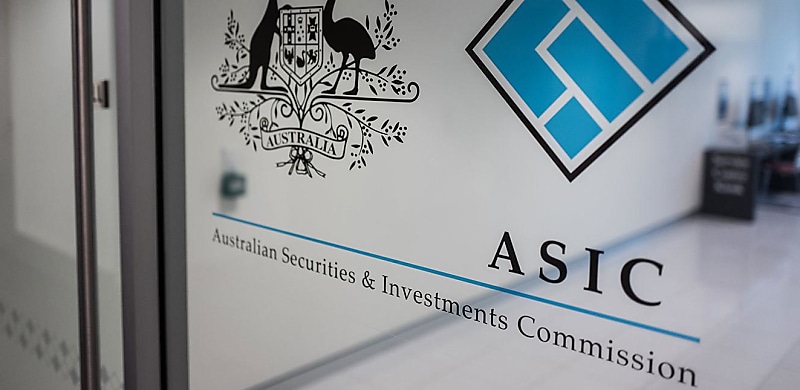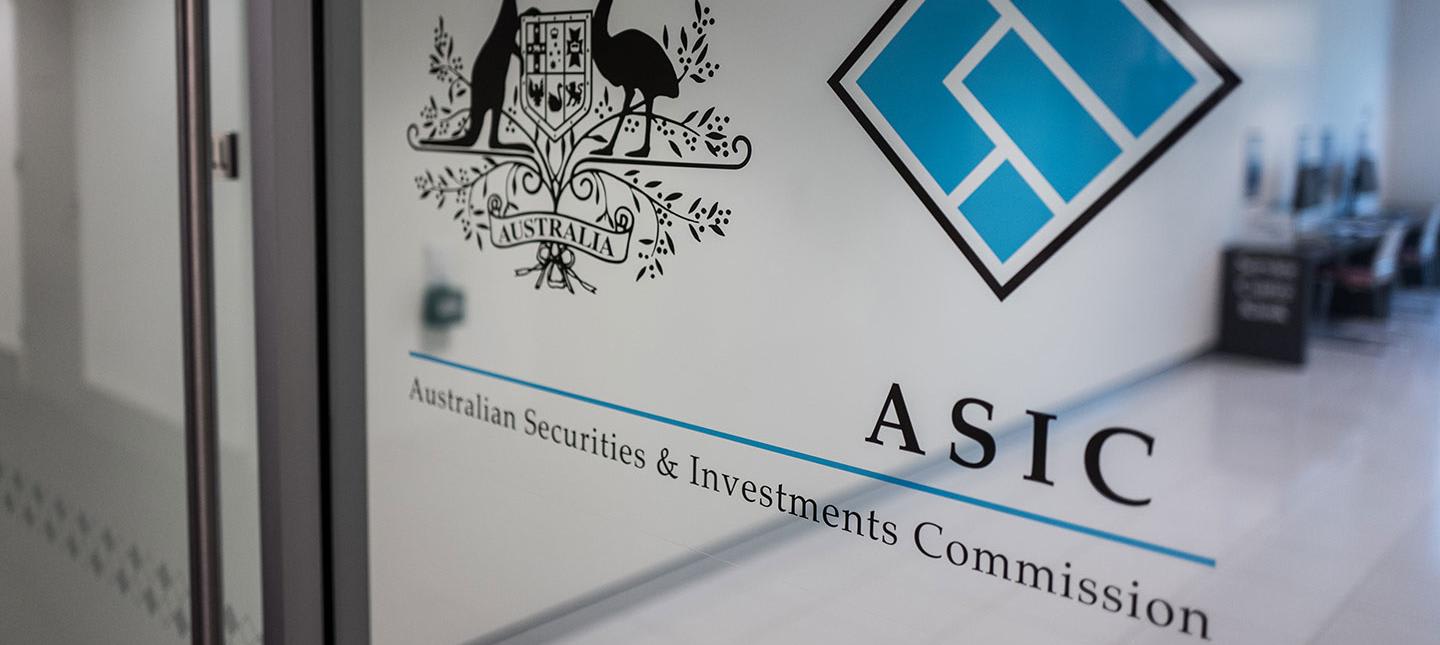
The financial services regulator has said its enforcement priorities reflect “emerging risks” like those in private credit.
The Australian Securities and Investments Commission (ASIC) has announced its enforcement priorities for 2026, which include poor practices and predatory behaviour in the private credit sector.
Financial reporting misconduct, insurance complaints and claims handling, and misleading pricing are also included in the list.
ASIC said its priorities for next year are designed to send a clear signal to the market about where it will focus its resources and expertise.
The regulator’s deputy chair, Sarah Court, said the enforcement agenda reflected “emerging risks like those in private credit”, as well as the challenges Australians face while dealing with higher living costs.
“ASIC will zero in on misleading pricing practices in the financial services sector, particularly those that make everyday costs harder for Australians,” she warned.
“In line with our increased surveillance across private credit, we won’t hesitate to take enforcement action to stamp out misconduct in the sector so we can support confident and informed participation, investor protection and market integrity.
“Reliable financial information remains more important than ever, particularly as entities with unlisted assets, such as super funds and private credit funds, play a bigger role in the economy. In 2026, we will step up enforcement action against financial reporting misconduct.”
Alongside poor private credit practices, ASIC’s new enforcement priorities for 2026 are:
- Misleading pricing practices that impact the cost of living.
- Financial reporting misconduct, including failure to lodge financial reports.
- Claims and complaint handling failures by insurers.
- Holding those responsible to account for the collapse of the Shield and First Guardian Master Funds.
Continuing enforcement priorities include:
- Misconduct exploiting consumers facing financial difficulty, including predatory credit practices.
- Strengthening the investigation and prosecution of insider trading conduct.
- Unlawful practices seeking to evade small business creditors.
- Holding super trustees to account for member services failures.
- Auditor misconduct.
In a speech by Court at the ASIC Annual Forum on Thursday (13 November), she said: “I have already mentioned a number of priorities that we will continue in 2026. In addition to those, it will surprise no one following the Chair’s address to the Press Club last week that we are elevating our enforcement work on poor private credit practices.
“This new enforcement priority should send a message to the rapidly expanding private credit sector to get its governance right. It comes on the back of our recent private credit fund surveillance report that highlights significant room for improvement.”
Court added, in separate remarks, that ASIC was doing more investigations, taking more matters to court, and securing record penalties.
“In the last 12 months, we’ve doubled the number of new investigations and nearly doubled the number of new matters filed in court,” the deputy chair said.
“We’ve also worked hard to increase our criminal prosecutions, and seen lengthy sentences imposed for financial fraud offences.”
Last week, ASIC warned private lenders to lift their game or face strong regulatory action.
[Related: Lift standards or face stronger action, ASIC tells private lenders]

